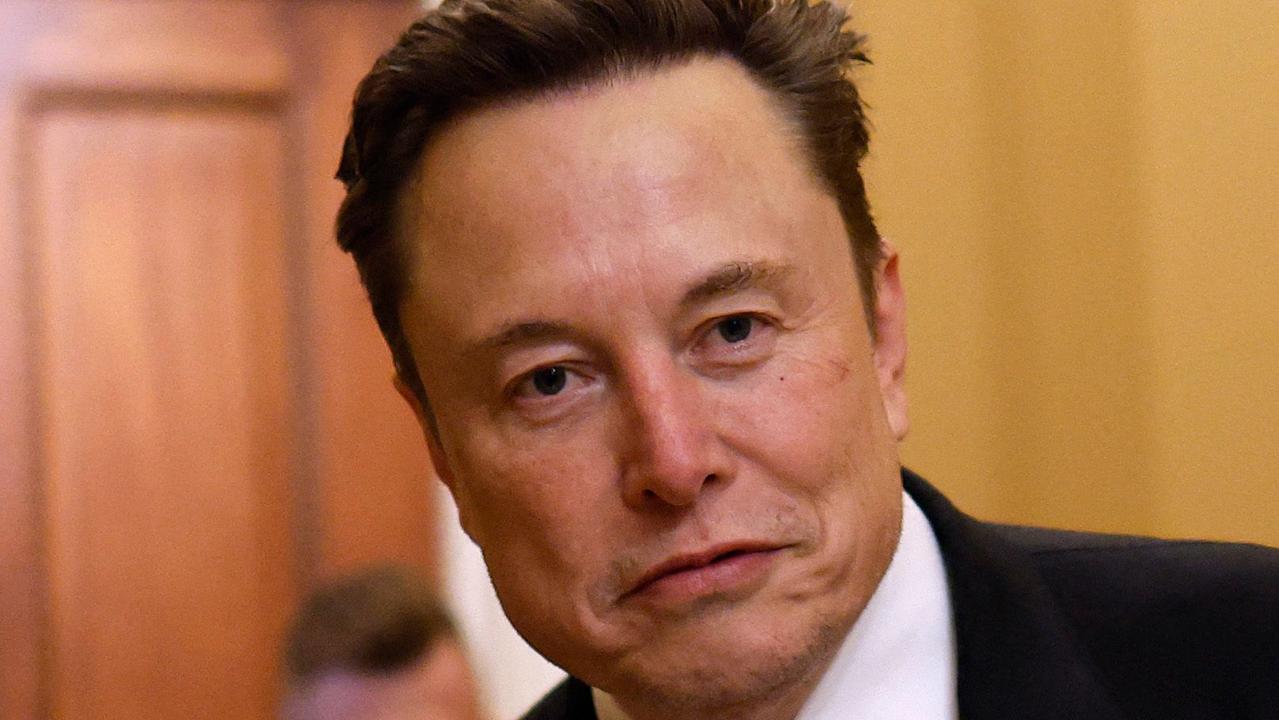‘Best college in Melbourne’: Victorian bureaucrat’s side gig as CEO of 320-student international college
By day, Udai Mahendru works as a senior bureaucrat for the Victorian government — he also has a side gig as CEO of the “best college in Melbourne”.
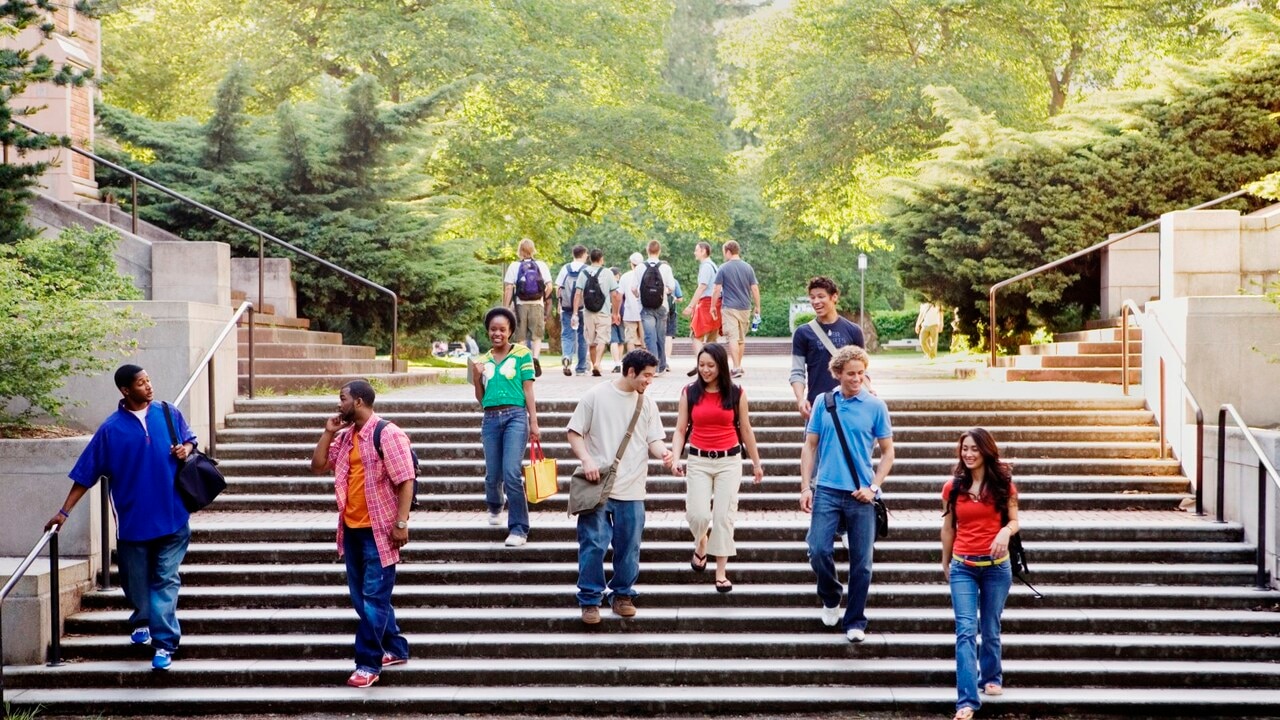
At Work
Don't miss out on the headlines from At Work. Followed categories will be added to My News.
EXCLUSIVE
By day, Udai Mahendru works as a senior bureaucrat for the Victorian government.
Also by day, he is the chief executive of Princeton International College, a 320-student registered training organisation (RTO) operating out of a suite in an unassuming Queen Street office tower.
It’s one of dozens of buildings dotted around the Melbourne CBD, where hundreds of so-called “ghost colleges” — which have thousands of students on the books but largely sit empty — rent cheap office space.
However, Princeton isn’t one of them.
“We are not one of those ghost colleges,” Mr Mahendru told news.com.au.
“We are aware there’s people who do the wrong thing. I think just stereotyping … is not fair, putting everyone in the (same) basket. There’s always bad apples in any industry.”
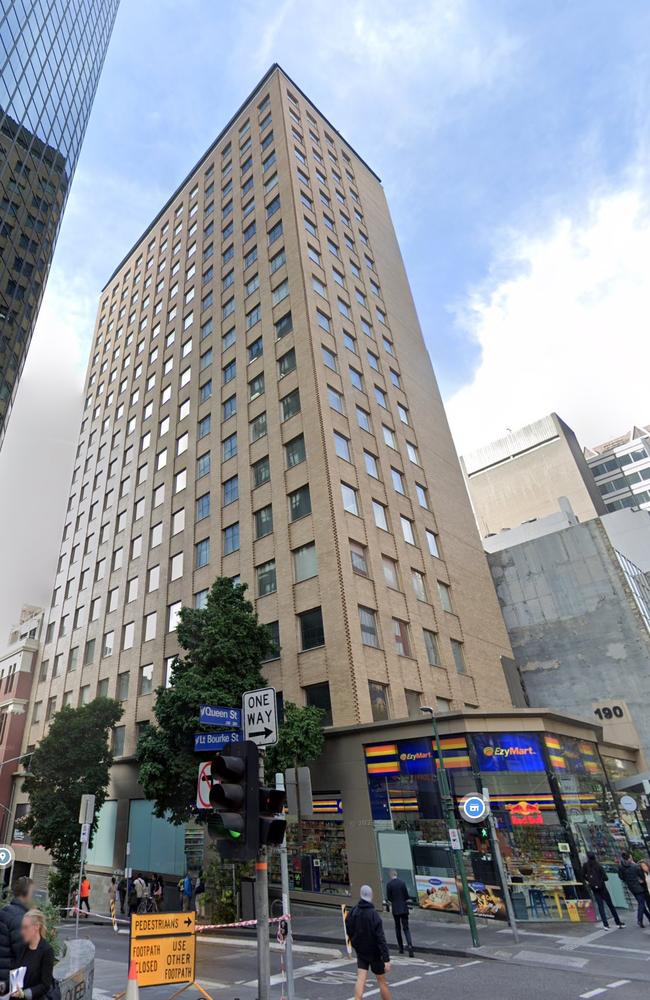
Ghost colleges are training providers used by international students coming to Australia primarily for work rather than study.
RTOs that fail to show proof of genuine training for more than 12 months can face deregistration — the Albanese government announced in August that more than 150 “dormant” providers had been shut down and a further 140 issued warning notices.
The government employee’s unusual side job highlights how Australia’s vocational education sector continues to boom despite the well publicised challenges.
Nearly 250 new RTO registrations were approved by the Australian Skills Quality Authority (ASQA) last financial year, while 37 applications were rejected.
Mr Mahendru said he was “very confident” in his business’s compliance.
Princeton International College, billed as the “best college in Melbourne”, offers five courses ranging from $6150 for a 28-week Cert IV in Leadership and Management, to $12,250 for a 104-week Graduate Diploma of Management.
The business obtained its license in June for a total capacity of 320 students and began operations at the end of August.
Mr Mahendru declined to share student or teacher numbers, saying the regulator “already has all that info”. He said “students come to the college” and “they’re all face-to-face”.
“I’m not going to be confirming any numbers unfortunately,” he said. “We had an absolutely glowing initial registration audit a few months ago, not much will have changed.”
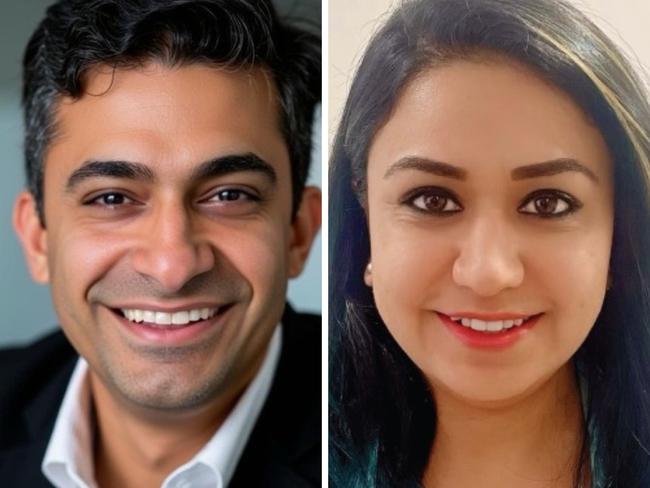
In a message on the website, Mr Mahendru states that “we are passionate in creating an inclusive and diverse environment for our international students”.
“Melbourne as a city has a lot to offer and we look forward to having you in our establishment so you can enjoy this beautiful city while studying a course of your choice and advancing in your respective professional careers,” he says.
“Fewer things make us happier than to see our alumni succeed in their professional careers and that is our biggest motivation to run a successful college catering to international students who have decided to come to our shores to study.”
In his hybrid remote day job, Mr Mahendru works for Victoria’s Department of Energy, Environment and Climate Action (DEECA), where he is listed as “senior project officer — quality assurance” for the department’s in-house RTO, which delivers public safety-related courses in wildfire awareness and incident management systems.
Industry insiders have questioned Mr Mahendru’s dual roles and whether starting up a side business while being a government bureaucrat might take time away from his public sector work.
Mr Mahendru said the department was “well aware” of his separate business.
“I’ve filled in the perceived conflict of interest (declaration),” he said. “It doesn’t take my time. There’s no legislation that says I can’t be doing two roles. What happens in the future, we’ll make a decision (depending on the success of the college).”
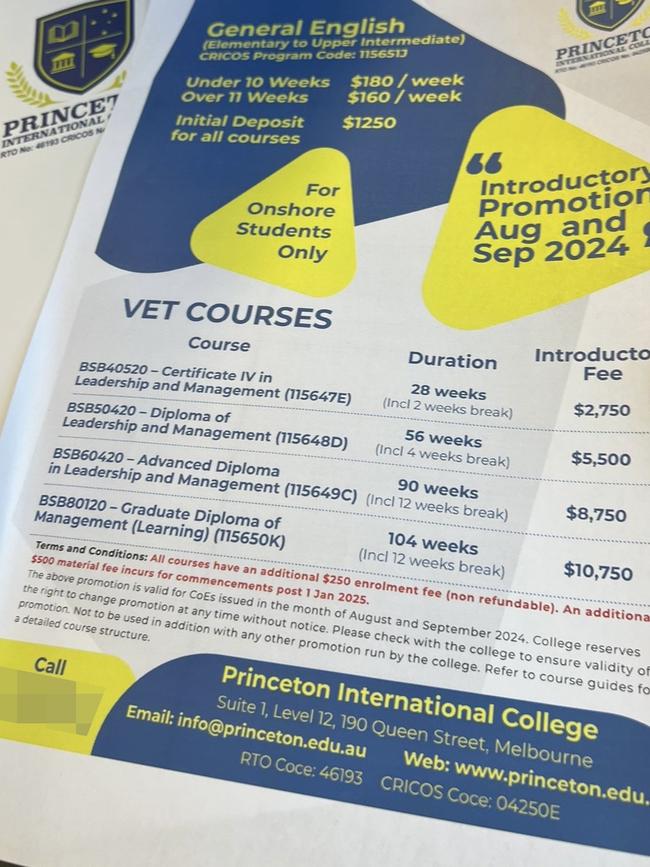
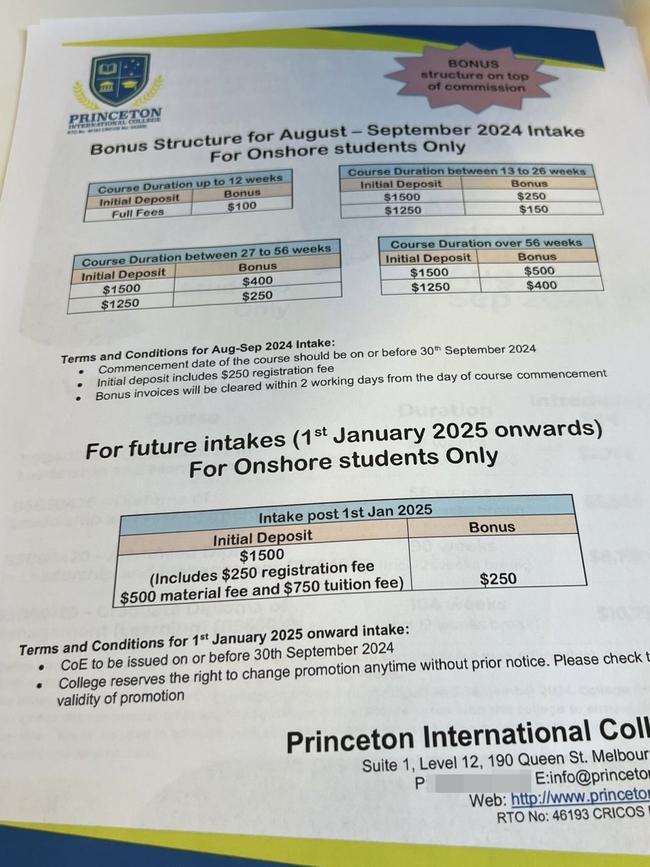
A DEECA spokeswoman said the department “has policies in place to manage potential conflicts of interests, which employees are expected to adhere to” and “any suspected breaches of this policy will be investigated and dealt with accordingly”.
Mr Mahendru added “my marketing team” does most of the promotion for the college but conceded he did sometimes visit education agents during work hours.
“I don’t know, maybe, if someone wants to have a chat, but not really,” he said.
“My time is for the DEECA role. At this time it’s not taking any of my time. Like I said, every once in a while if I head out, if someone wants to have a chat … it doesn’t take any of my time. We do work on flexible hours at DEECA.”
His wife, Misha Mahendru, separately runs a consulting business from the same Queen Street office, RTO Solutions With Misha, which assists in registering new RTOs with ASQA.
“Having successfully run her own RTO, Misha has also been supporting her clients along the way in opening and running a successful RTO,” her website states.
“There is a lot that goes (into) opening and running an RTO while managing day-to-day operations. This is where Misha’s years of experience and first-hand knowledge dealing with regulatory bodies comes in handy.”
Mr Mahendru is the director of both companies, corporate records show.
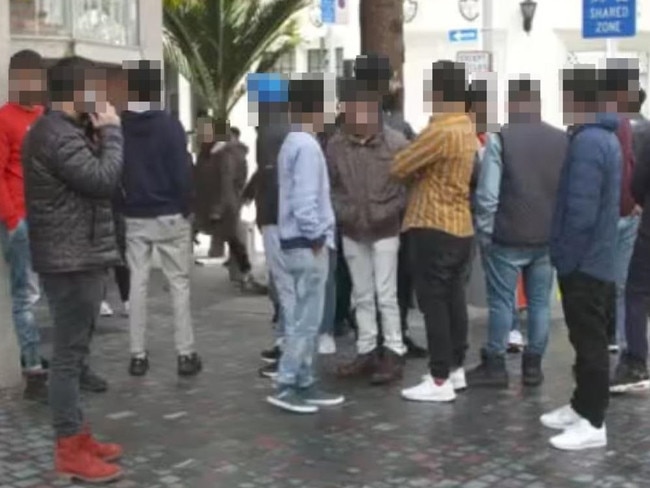
Promotional materials provided to education agents, obtained by news.com.au, show Princeton International College quoting tuition fees up to 55 per cent cheaper than originally listed with the Commonwealth Register of Institutions and Courses for Overseas Students (CRICOS).
The hefty discounts include thousands of dollars in commissions and bonuses to agents.
Mr Mahendru said those were “promotional prices” and “this is obviously not a long-term thing”.
“You have to compare apples to apples,” he said.
“If I were a provider that has trade courses that require workshops or hospitality courses that require a big commercial kitchen the cost goes up. We currently have theoretical business courses, that keeps our costs down. We cannot be selling any more than the (CRICOS-listed) price but we can be selling less. In the business plan that is submitted (you don’t have to give) the lower benchmark, you’re just supposed to be financially viable. At this point in time, (the prices) do seem to keep us afloat.”
There were nearly 970,000 international student enrolments in Australia in between January and August this year, according to the Education Department, a 15 per cent increase on the same period in 2019.
China was the biggest source (22 per cent), followed by India (17 per cent), Nepal (8 per cent), the Philippines (5 per cent) and Vietnam (5 per cent).
Growth in enrolments was the highest in the VET sector at 42 per cent.
More Coverage
Originally published as ‘Best college in Melbourne’: Victorian bureaucrat’s side gig as CEO of 320-student international college




